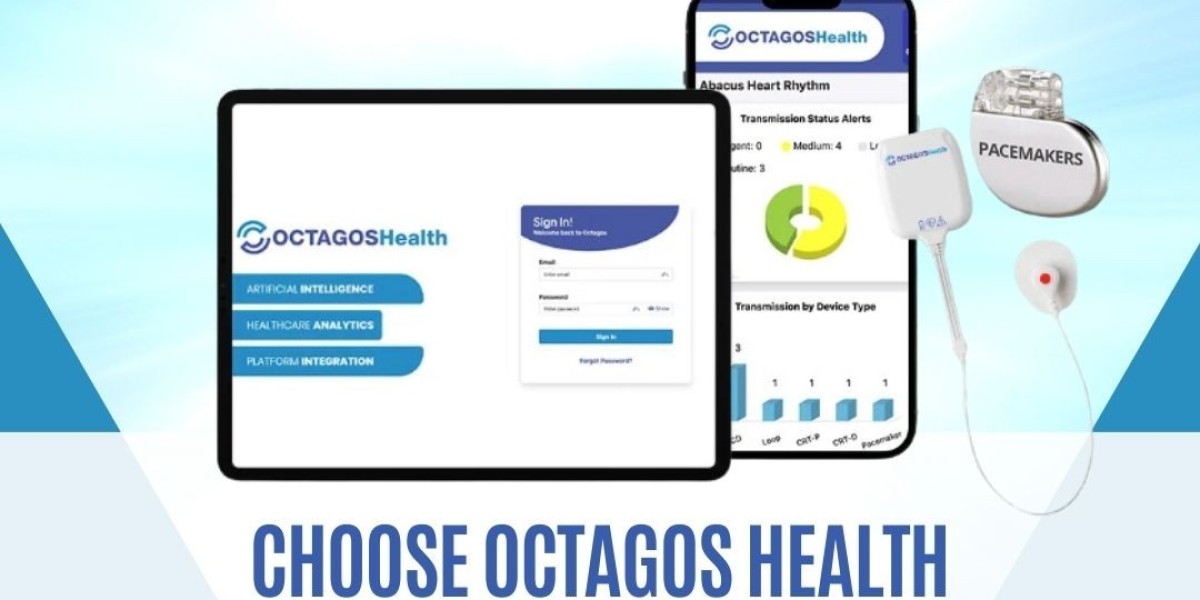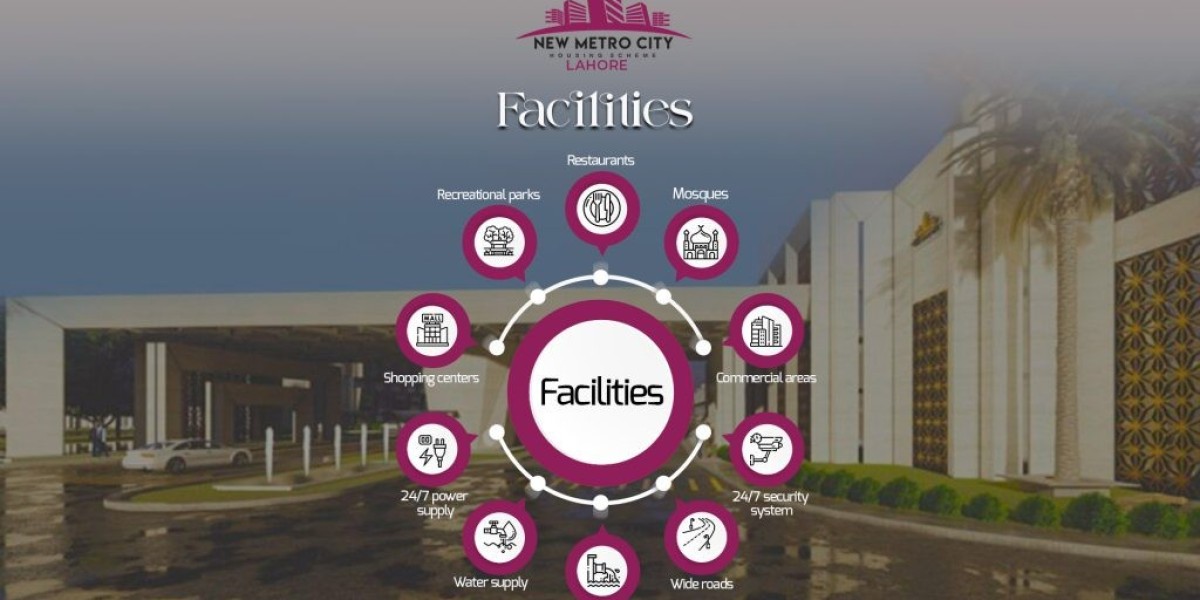Some of the benefits of remote monitoring for heart failure patients are:
- More accurate adjustments in medications based on the patient’s clinical parameters and response to therapy
- Fewer emergency room visits and hospitalizations by detecting early signs of worsening heart failure and intervening before the patient requires acute care
- More time between in-office visits by reducing the need for routine device checks and follow-ups
- Improved quality of life and patient satisfaction by enhancing self-care and communication with the clinical team
- Reduced health care costs by avoiding unnecessary hospitalizations and resource utilization
- Increased access to care for patients who live in remote areas or have mobility issues
How does remote cardiac monitoring helps in better monitoring of patients?
In case of heart failures or otherwise, Remote Cardiac Monitoring provides a more holistic view of a patient’s health over time
Via remote patient monitoring, practitioners gain a comprehensive understanding of a patient’s health condition long-term health performance data, leading to:
- More accurate adjustments in medications
- Fewer emergency room visits
- More time between in-office visits
- Consistent monitoring of biometric data such as medication adherence, weight management, blood pressure control, and physical activity provides organizations with the ability to detect when patients deviate from the expected course in real-time.








